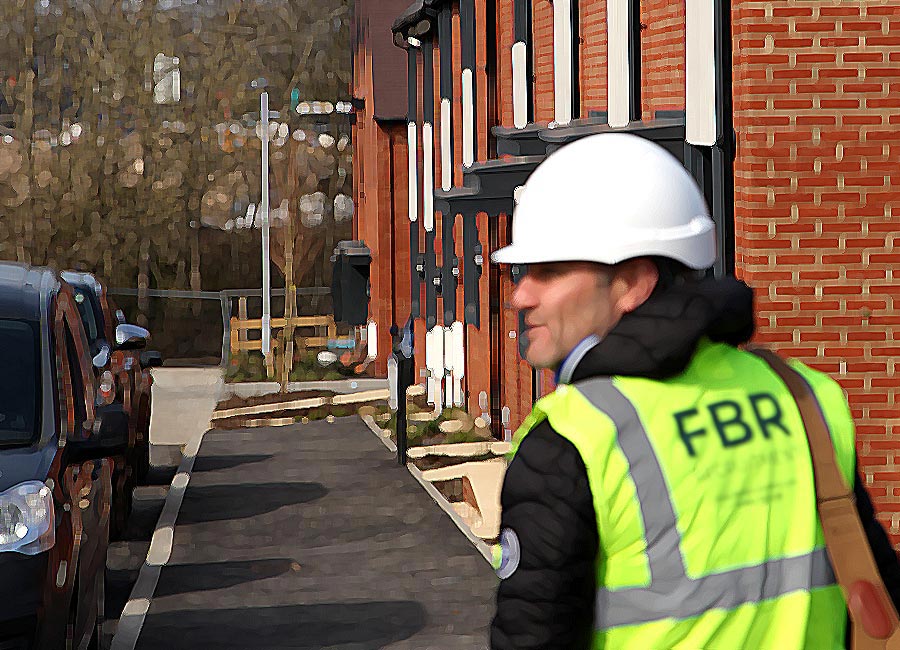Residential Developers
At FBR, we have a dedicated team of recruitment consultants who are experts in recruiting for jobs within residential development. With years of experience behind us, we fully understand the various roles in the residential construction sector. Housing is our market and recruitment is our expertise.
So, whether you are a Site Manager, Quantity Surveyor, Technical Manager, or Labourer looking for your next move, or a Residential Developer looking to recruit, FBR Recruitment expertly matches the ideal person to each role. It’s a win-win for both the candidate and the client.
Housing is our market and recruitment is our expertise.
| Site Managers | Assistant/Finishing Managers | Contracts Managers |
| Technical Co-Ordinators/Managers | Quantity Surveyors | Commercial Managers/Directors |
| Construction Managers/Directors | Project Managers | Buyers |
At FBR, we have a dedicated team of recruitment consultants who are experts in recruiting for jobs within residential development. With years of experience behind us, we fully understand the various roles in the residential construction sector. Housing is our market and recruitment is our expertise.
So, whether you are a Site Manager, Quantity Surveyor, Technical Manager, or Labourer looking for your next move, or a Residential Developer looking to recruit, FBR Recruitment expertly matches the ideal person to each role. It’s a win-win for both the candidate and the client.
Housing is our market and recruitment is our expertise.
| Site Managers | Assistant/Finishing Managers | Contracts Managers |
| Technical Co-Ordinators/Managers | Quantity Surveyors | Commercial Managers/Directors |
| Construction Managers/Directors | Project Managers | Buyers |
Looking to fill a role or find your next job opportunity?
Get in touch — we’d love to hear from you!
Looking to fill a role or find your next job opportunity?
Get in touch — we’d love to hear from you!






